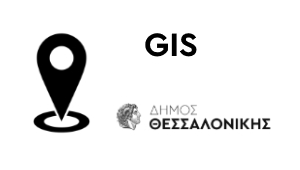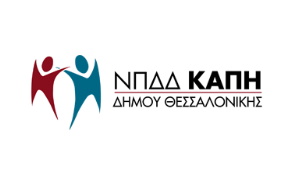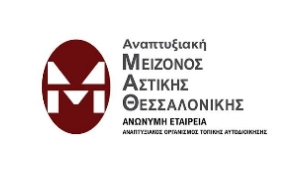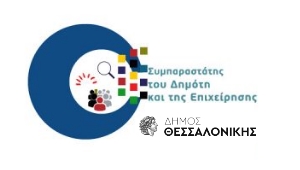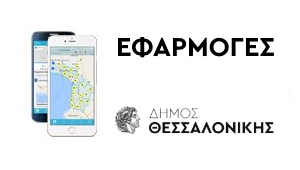The name of the street refers to the Consuls of France and Germany who were killed by lynching in 1876 because they tried to prevent the islamization of a young Christian lady. Their murder became a domestic and international political and diplomatic issue.
21/07/2021 10:35
Poros is an island in the Saronic Gulf, that is made of two smaller islands, Sphaeria and Kalaureia. Poros and its residents played a leading role in the Revolution of 1821.
The name of the street is related to the events that took place at the National Technical University of Athens (Metsovion), in November 1973. The Athens Polytechnic Uprising is since a symbol of anti-junta resistance. Those same days in Thessaloniki, students opposing to dictatorship, took over the Technical University of Thessaloniki.
Anastasios Polyzoidis was born in Meleniko, Macedonia, in 1802 and died in Athens in 1873. He was a judge, author and politician. During the trial of the leaders of the Greek Revolution of 1821, under the Bavarian regency, together with fellow judge Georgios Tertsetis, refused to countersign the decision of condemnation to death. He is
Polygyros is a city at the centre of the Halkidiki peninsula. According to archaeological findings, the region have been inhabited since the 6th century B.C. The name Polygyros appeared in the 10th century A.D.
Pelops was a mythological hero and son of Tantalus. The Peloponnese was named after him and he was considered the founder of the Olympic Games.
The Peloponese is a geographical division and the largest peninsula of continental Greece, with which it is connected by the Isthmus of Corinth. In ancient times, cities with great civilisation like Sparta, Corinthus, Mycenae, Argos etc flourished there. It was also the place where the Revolution of 1821 started.
Ioakim (born Christos Devetzis or Dimitriadis) was an Orthodox priest (1834-1912). He was elected Ecumenical Patriarch, by the name Joachim III, twice (1878-1884 and 1901-1912). Before his first election, he was the Metropolitan of Thessaloniki (1874-1878). During his first term in office as a Patriarch, the patriarchate privileges were challenged and the so called “Privilege
Dionysios Charitonidis was born in 1820 in Istanbul and died in 1891. He was elected Ecumenical Patriarch in 1887 and he was the holder of the office as Dionysius V until his death. His term in office was associated with the so called “privilege issue”, that is the challenging of the Patriarchate’s privileges.
Louis Jean Pasteur (1822-1895) was a French chemist, biologist and microbiologist. With his scientific work, he contributed to, among others, the treatment of infectious diseases and the pasteurisation of milk and wine.



